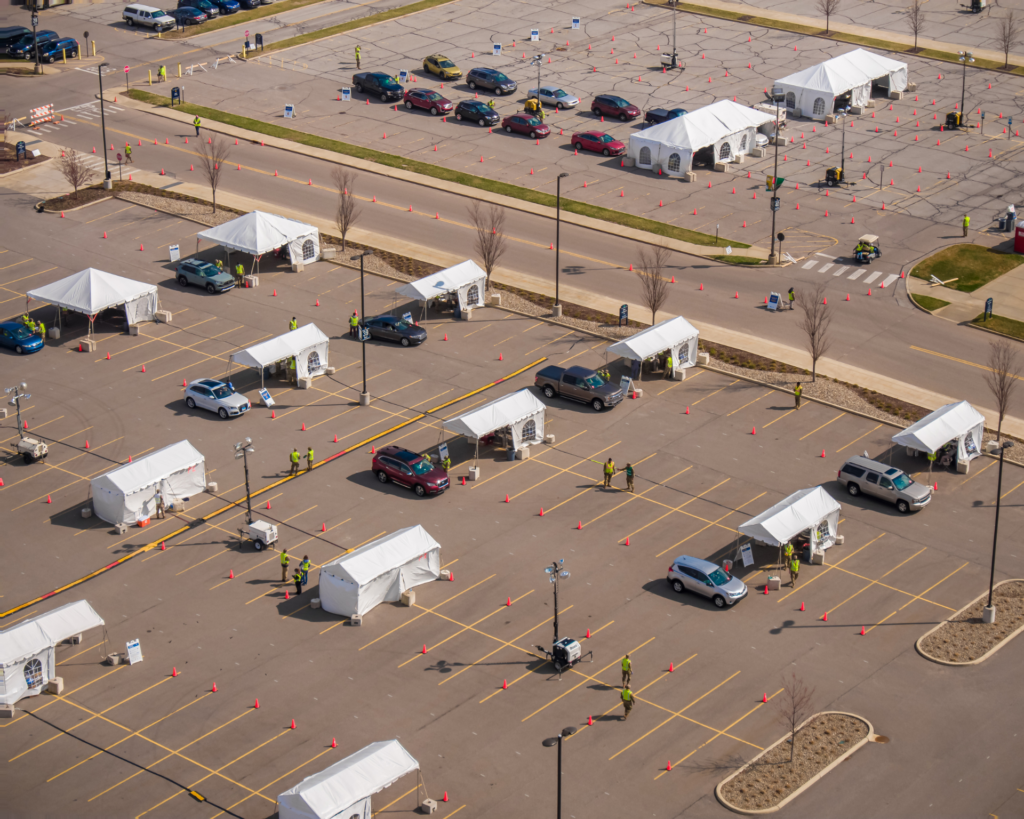Low Birth Weights after ICE Raid
Evidence from Novak et al. shows aggressive immigration policy has a tangible health impact. Infants born to Latina mothers had a greater risk of low birth weights after the Postville, Iowa ICE raid.

Read Time: 3 minutes
Published:
Last September I co-authored a WBUR article about a young girl named Amira who experienced the psychological trauma of watching her father being arrested by ICE officials. Her case is not rare; aggressive immigration policy has a substantial public health impact. For example, a rise in adverse mental health symptoms has been reported in many immigrant communities since Donald Trump’s election. Immigrants are avoiding health care and food assistance because of fear of being targeted.
Evidence from Novak et al. shows a clear connection between mental health and anxiety over immigration. An otherwise normal day at a Postville, Iowa meat processing plant took a drastic turn when 900 ICE agents, including armed officers and a Black Hawk helicopter, descended upon the plant, arresting hundreds of people suspected of being undocumented. Racial profiling was the strategy for who would and who would not be arrested. Novak et al. write: “The raid separated hundreds of families, most often from their primary breadwinner. Fear of follow-up home raids kept many Postville families from staying in their own homes, choosing instead to sleep in church pews or leave town altogether.”
To quantify the trauma of the Postville raid, the authors examined the birthweight of babies 37 weeks after the raid. Low birthweight is a reliable predictor of many health outcomes and is highly preventable with adequate access to prenatal care. The results were striking. The authors write: “Infants born to Latina mothers had a 24% greater risk of LBW after the raid when compared with the same period one year earlier.” Non-Latina mothers were not affected. The dramatic impact of the ICE raid was not isolated to immigrant women as U.S.-born Latina women also experienced LBWs.

Aggressive immigration policy has a real, tangible health impact. It has been measured and quantified. Federal policy must reflect this. The fear that spreads throughout communities affects much more than just undocumented people; it affects everyone. Public health suffers when policy does not incorporate best practice strategies that can undoubtedly improve health. Novak et al write: “The Postville raid was an extreme example of diffuse and pervasive racialized economic and psychosocial stressors that Latinos face throughout the USA. The scale and temporality of this event created conditions that lend insight into the pervasive effects of these stressors…”
Feature image: Matthew Walleser, DSC_0376, used under CC BY 2.0 Graph from Int J Epidemiology, 2017 Jun 1;46(3):839-849. doi: 10.1093/ije/dyw346.



